What does Donald Trump’s national emergency call mean for Huawei?
Executive order banning tech from ‘foreign adversaries’ puts pressure on the UK to ban the Chinese firm’s products
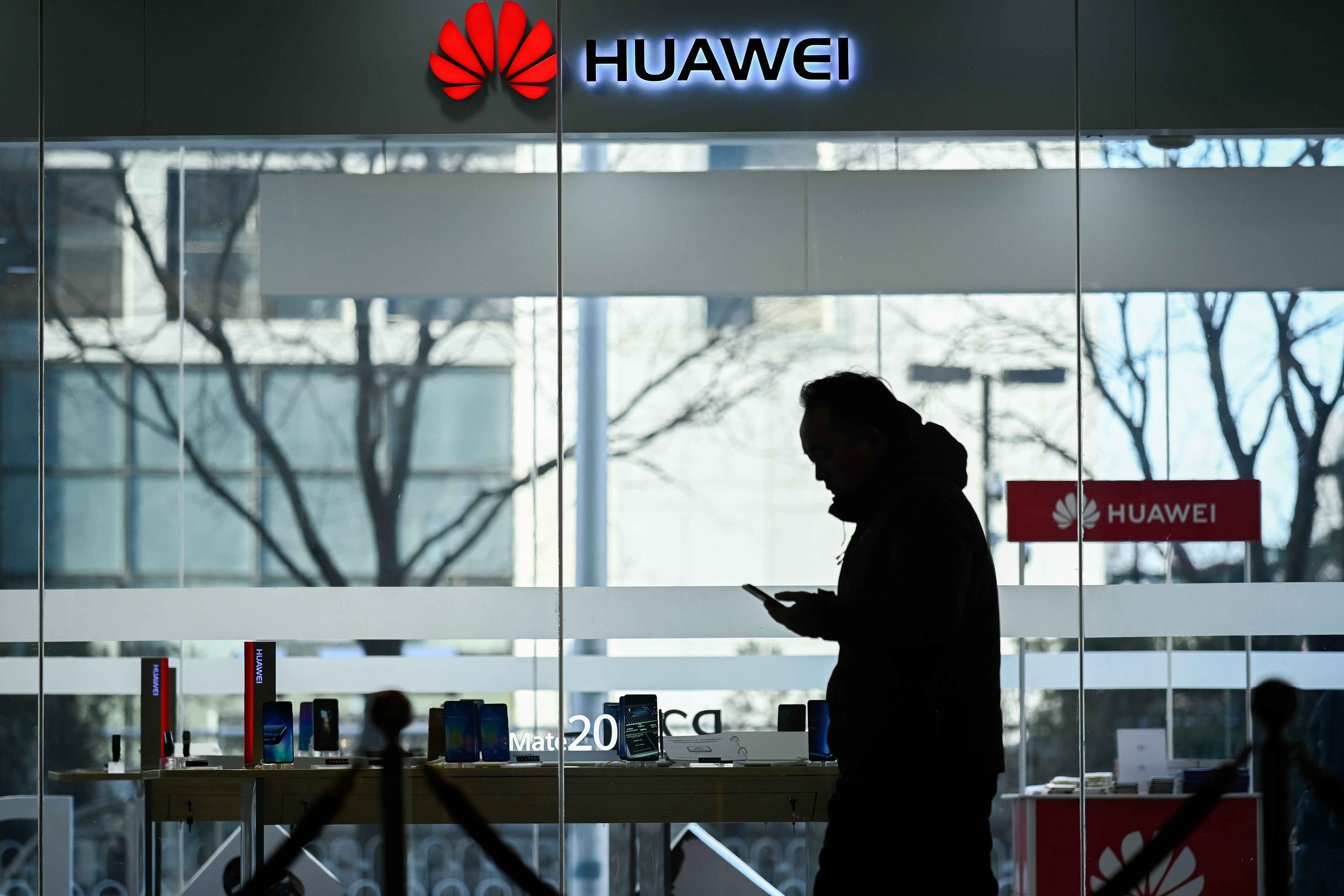
A free daily email with the biggest news stories of the day – and the best features from TheWeek.com
You are now subscribed
Your newsletter sign-up was successful
Donald Trump has declared a national emergency over fears that the United States’ IT infrastructure could come under threat from “foreign adversaries”.
President Trump made the declaration while signing an executive order that prevents US telecoms firms from using technology provided by foreign nations that may pose security risks.
It’s believed that Trump is using the executive order to target Huawei, even though the document itself doesn’t name any individual companies, the BBC says.
The Week
Escape your echo chamber. Get the facts behind the news, plus analysis from multiple perspectives.

Sign up for The Week's Free Newsletters
From our morning news briefing to a weekly Good News Newsletter, get the best of The Week delivered directly to your inbox.
From our morning news briefing to a weekly Good News Newsletter, get the best of The Week delivered directly to your inbox.
The US has, however, added the Chinese tech giant to its “entity list”, meaning the company cannot use technology from American firms without the approval from the US government, the broadcaster adds.
Around 70 of Huawei’s affiliate companies are also on the list.
In the executive order, Trump said that “foreign adversaries are increasingly exploiting vulnerabilities in information and communications technology to commit malicious cyber-enabled actions”, the Daily Express reports.
“To deal with this threat, additional steps are required to protect the security, integrity, and reliability of communications technology used in the United States,” the president added. “I hereby declare a national emergency with respect to this threat.”
A free daily email with the biggest news stories of the day – and the best features from TheWeek.com
According to TechCrunch, the US Secretary of Commerce Wilbur Ross now has 150 days to establish an “enforcement regime”, as well as name all of the “technologies or companies” that could be barred under the executive order.
What does the national emergency mean?
It means that Trump can “effectively bypass other branches of government” and gain access to “a raft of special powers”, the BBC reports.
Researchers at the Brennan Center for Justice, a non-partisan public policy organisation in New York, have recorded around 120 powers that the president can access in the event of a national emergency, the broadcaster says. These range from “taking over farmland to calling up military reservists”.
The triggering of a national emergency reinforces previous warnings from US officials over Huawei’s powers.
The US has labelled the tech firm a “threat”, claiming that the company could use its 5G telecoms equipment to send information to the Chinese government, Sky News says.
How has Huawei responded?
Huawei denies that its technology poses any security threat and plans to “engage with the US government” so that “effective measures to ensure product security” can be agreed.
Speaking to state-run Chinese newspaper Global Times, a Huawei spokesperson said: “If the US restricts Huawei, it will not make the US safer, nor will it make the US stronger,” The Guardian reports.
“It will only force the US to use inferior and expensive alternative equipment, lagging behind other countries […] and ultimately harming US companies and consumers,” the spokesperson added.
The Chinese government, meanwhile, urged the US administration to “stop oppressing” tech companies “under the pretext of security concerns”, CNBC reports.
“For some time, the US has been abusing its national power to tarnish the image of and suppress specific Chinese companies, which is disgraceful and unjust,” a Chinese foreign ministry spokesperson said.
Will it effect Huawei’s operation in the UK?
Possibly. The US has pressured the UK - among other nations - to ban telecoms firms from using Huawei technology. Trump’s executive order will no doubt add to that pressure.
Despite previous warnings from the US and the National Cyber Security Centre, a UK government organisation that helps companies avoid cyber attacks, Theresa May has backed the use of Huawei products in “non-core” 5G network infrastructure, Sky News reports.
Earlier this week, Vodafone announced that it would be using Huawei radio access network (Ran) kits, which enable mobile devices to connect to a provider’s services, as part of its 5G network.
However, Huawei’s presence in the UK is still under review and it has yet to be seen whether the national emergency in the US will influence the ruling.
-
 The environmental cost of GLP-1s
The environmental cost of GLP-1sThe explainer Producing the drugs is a dirty process
-
 Greenland’s capital becomes ground zero for the country’s diplomatic straits
Greenland’s capital becomes ground zero for the country’s diplomatic straitsIN THE SPOTLIGHT A flurry of new consular activity in Nuuk shows how important Greenland has become to Europeans’ anxiety about American imperialism
-
 ‘This is something that happens all too often’
‘This is something that happens all too often’Instant Opinion Opinion, comment and editorials of the day
-
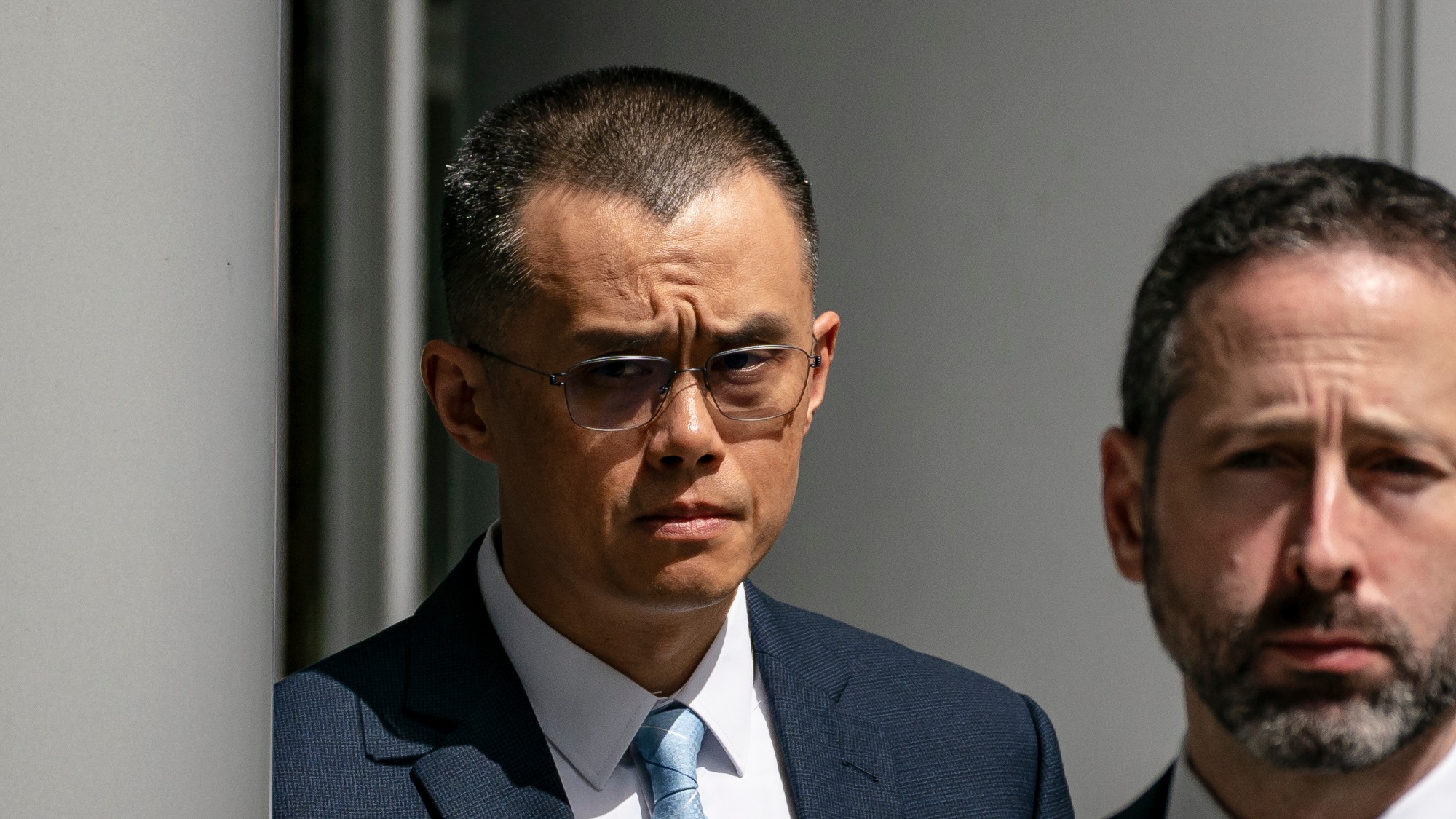 Why Trump pardoned crypto criminal Changpeng Zhao
Why Trump pardoned crypto criminal Changpeng ZhaoIn the Spotlight Binance founder’s tactical pardon shows recklessness is rewarded by the Trump White House
-
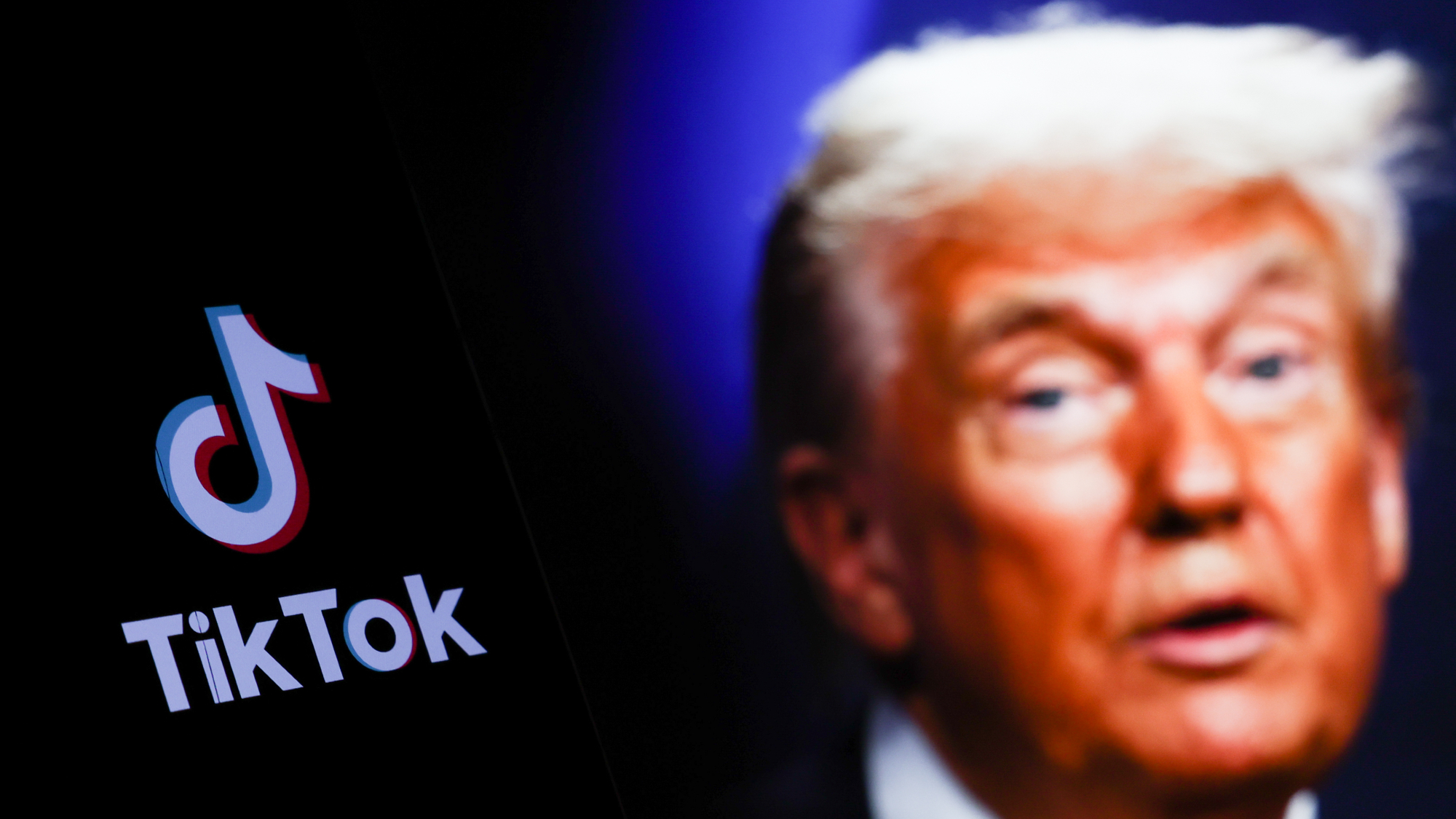 Trump allies reportedly poised to buy TikTok
Trump allies reportedly poised to buy TikTokSpeed Read Under the deal, U.S. companies would own about 80% of the company
-
 The noise of Bitcoin mining is driving Americans crazy
The noise of Bitcoin mining is driving Americans crazyUnder the Radar Constant hum of fans that cool data-centre computers is turning residents against Trump's pro-cryptocurrency agenda
-
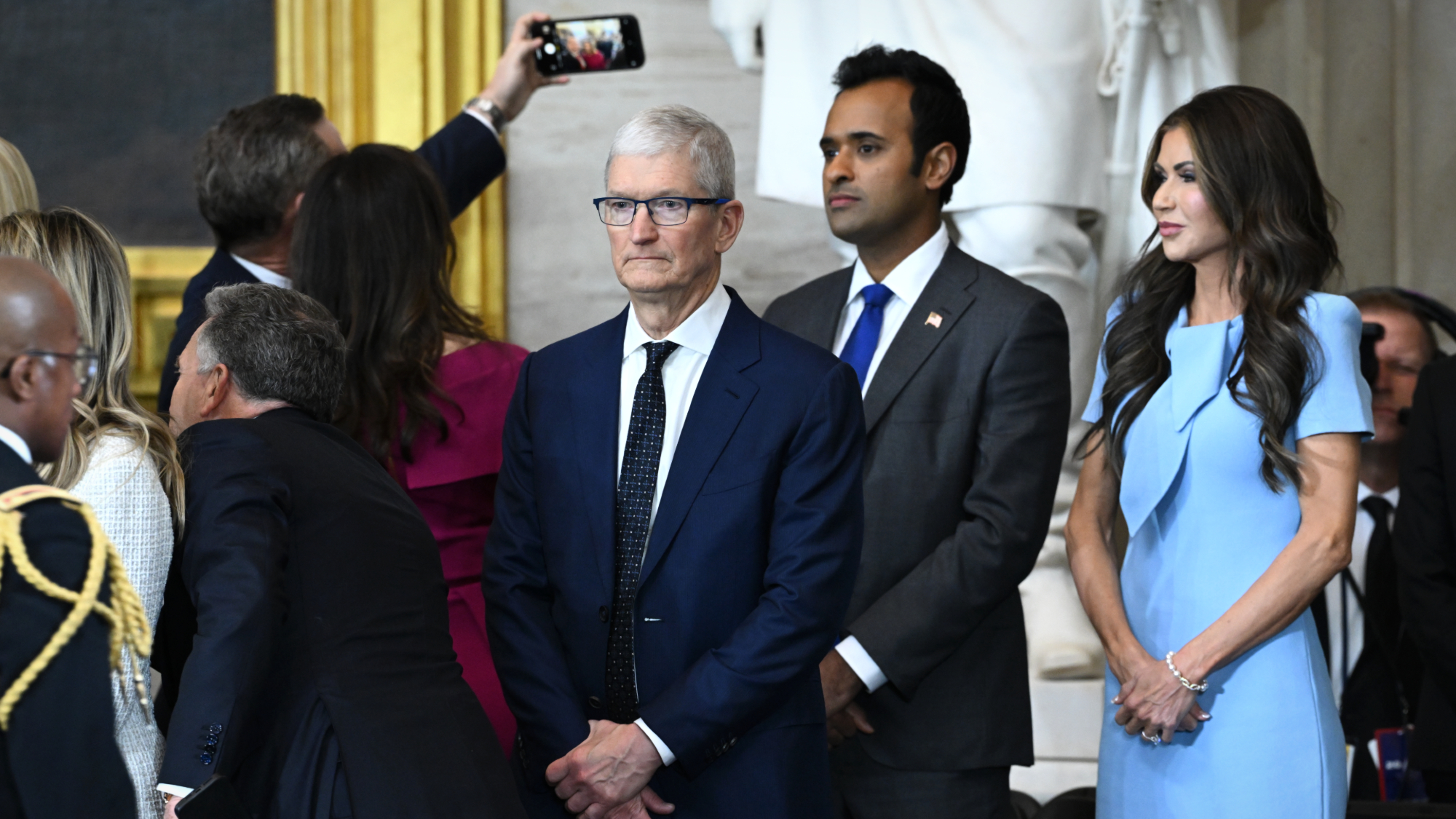 Apple pledges $500B in US spending over 4 years
Apple pledges $500B in US spending over 4 yearsSpeed Read This is a win for Trump, who has pushed to move manufacturing back to the US
-
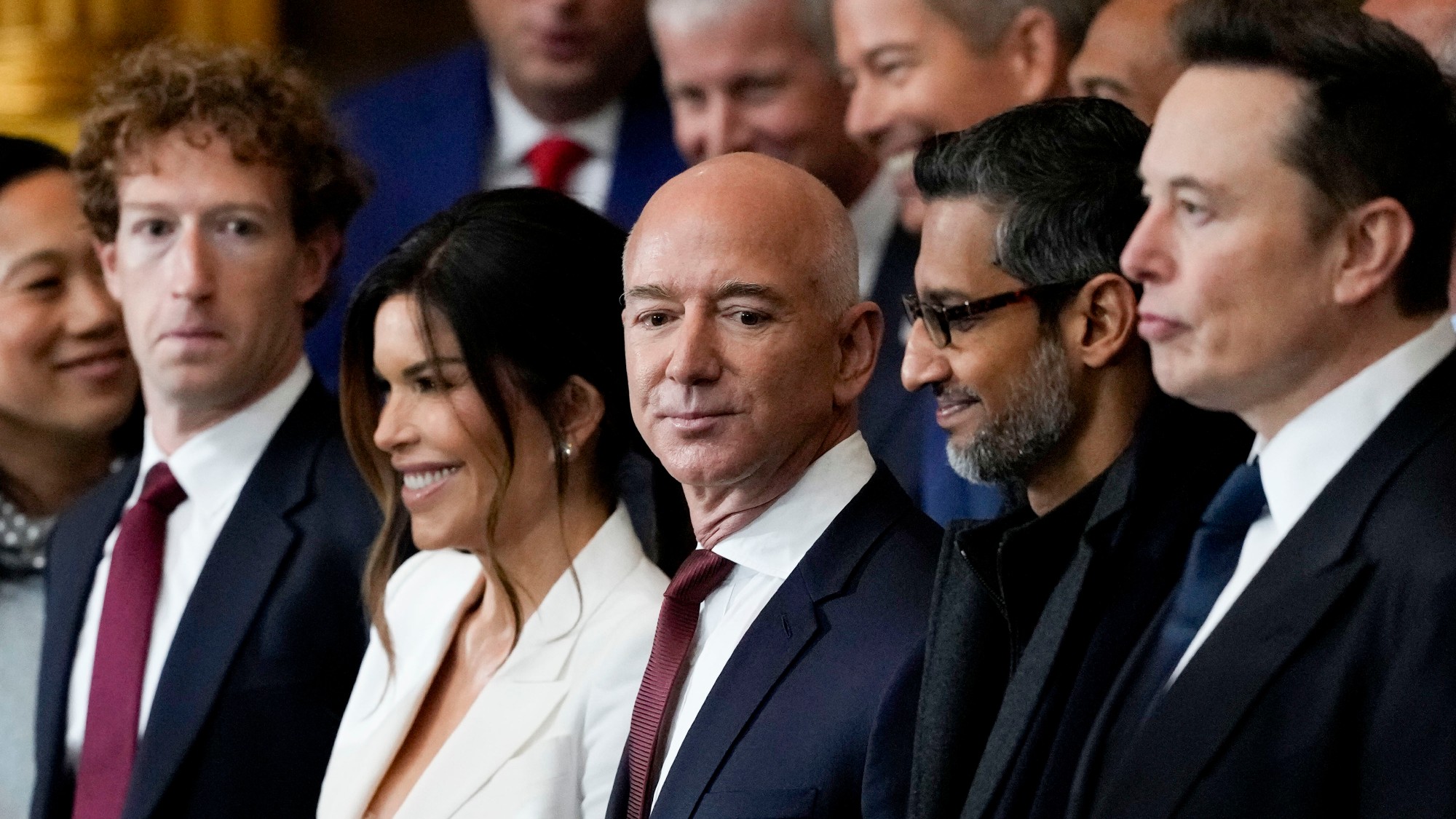 What Trump's 'tech bros' want
What Trump's 'tech bros' wantThe Explainer Elon Musk, Mark Zuckerberg and Jeff Bezos had 'prime seats' at the president's inauguration. What are they looking to gain from Trump 2.0?
-
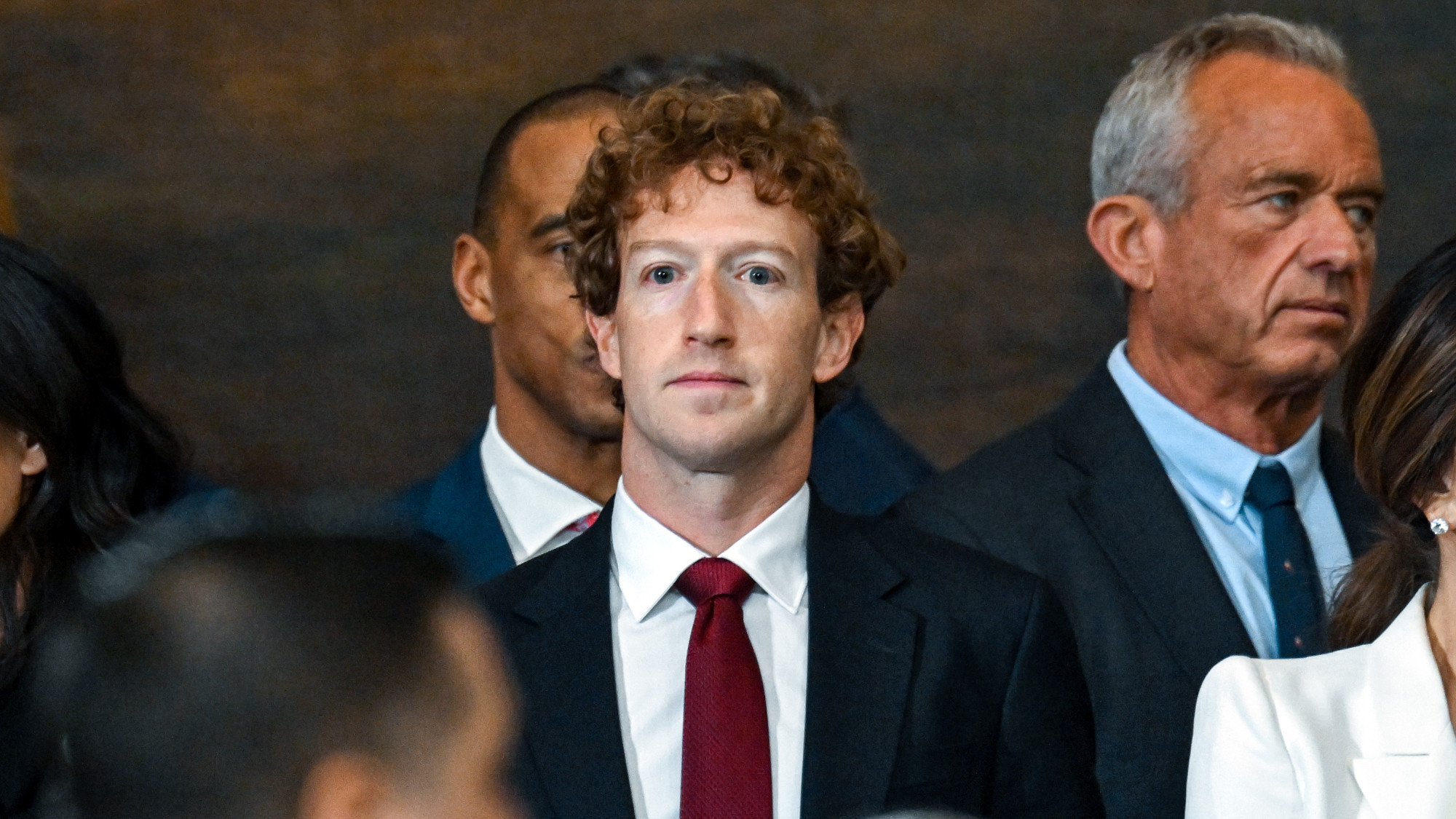 Big tech's big pivot
Big tech's big pivotOpinion How Silicon Valley's corporate titans learned to love Trump
-
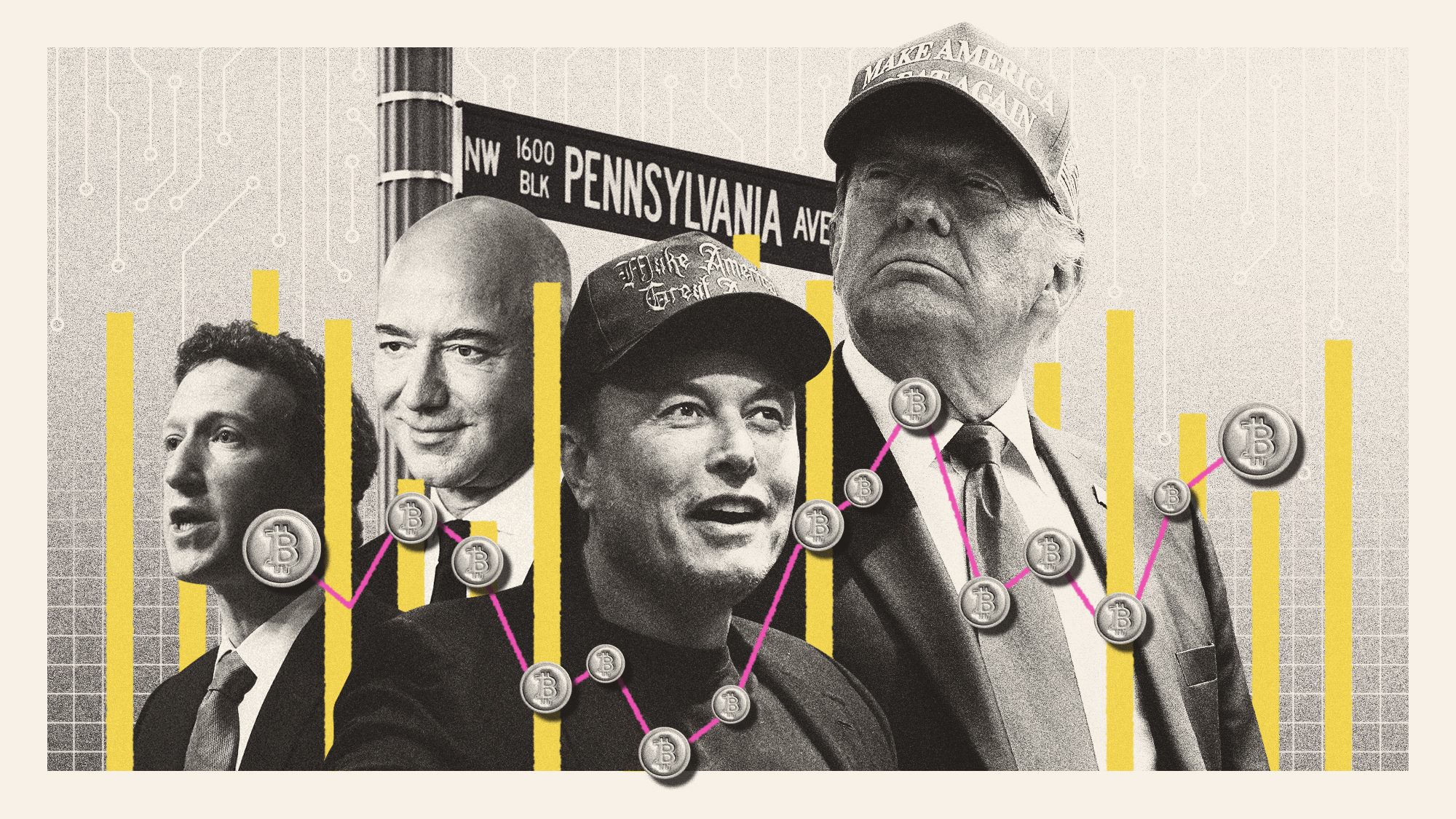 What Trump's win could mean for Big Tech
What Trump's win could mean for Big TechTalking Points The tech industry is bracing itself for Trump's second administration
-
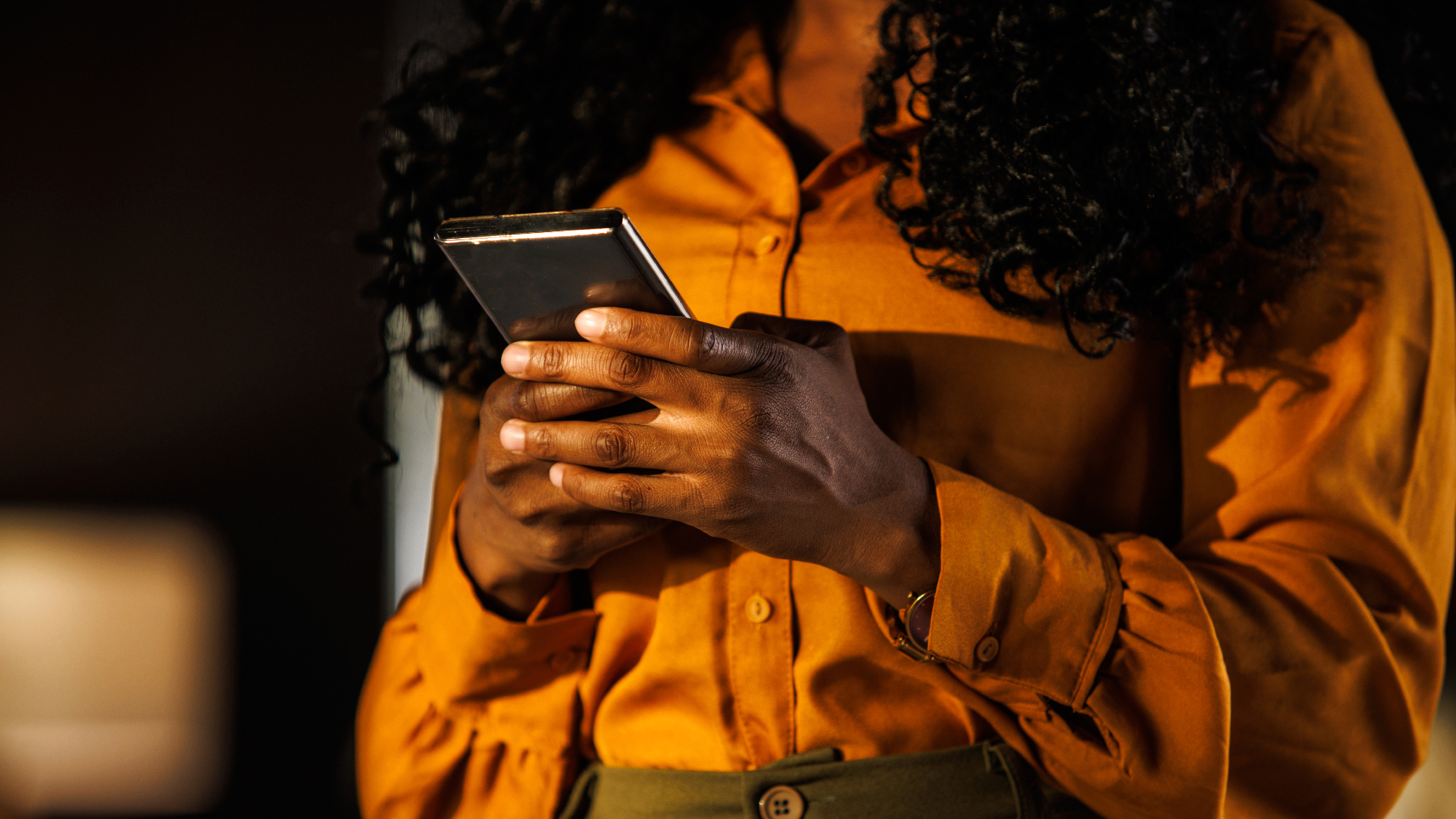 Racist texts tell Black people in US to prepare for slavery
Racist texts tell Black people in US to prepare for slaverySpeed Read Recipients in at least a dozen states have been told to prepare to 'pick cotton' on slave plantations